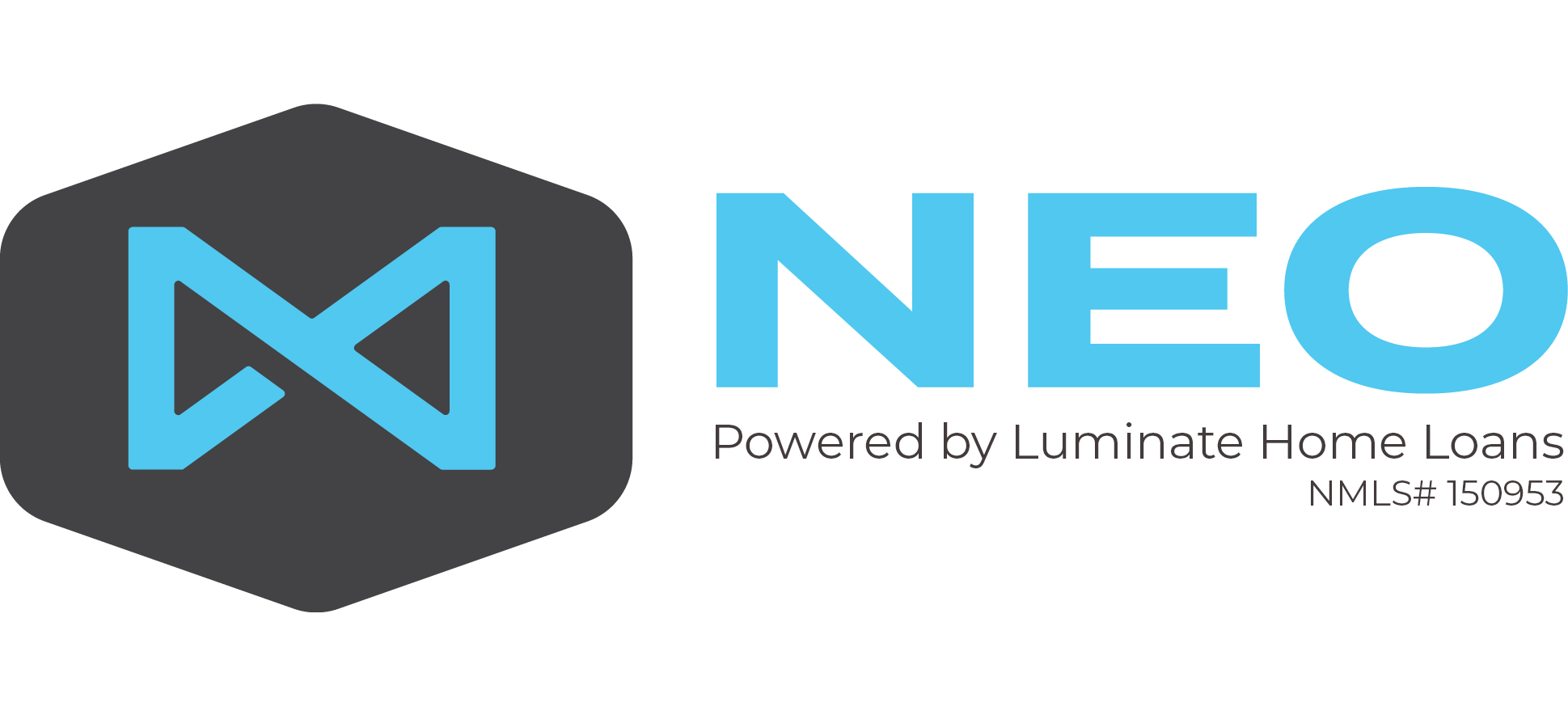 I was planning to start this post telling you about how important a home purchase and mortgage financing transaction can be, but I think everyone already knows that. Before I jump right into the questions, I want to explain the questions I am suggesting you ask. Most sites on the Internet suggest asking specific questions about your loan including interest rate or APR, closing costs, term, whether there is a prepayment penalty and so on instead of how to go about selecting the right mortgage loan officer. The loan officer you select will be the one to help you find the best mortgage program for you that fulfills your needs, so if you select the right loan officer, you will likely not need to worry about the terms of your loan because they have provided the best possible loan for you. I am not suggesting you don’t ask the loan questions, but by getting the 8 questions below answered you will likely receive a much better mortgage than you would otherwise.
I was planning to start this post telling you about how important a home purchase and mortgage financing transaction can be, but I think everyone already knows that. Before I jump right into the questions, I want to explain the questions I am suggesting you ask. Most sites on the Internet suggest asking specific questions about your loan including interest rate or APR, closing costs, term, whether there is a prepayment penalty and so on instead of how to go about selecting the right mortgage loan officer. The loan officer you select will be the one to help you find the best mortgage program for you that fulfills your needs, so if you select the right loan officer, you will likely not need to worry about the terms of your loan because they have provided the best possible loan for you. I am not suggesting you don’t ask the loan questions, but by getting the 8 questions below answered you will likely receive a much better mortgage than you would otherwise.
Here are the questions you should ask when deciding on the right mortgage loan officer for you:
#1 – Why Should I Select You as My Mortgage Loan Officer?
Seems like a simple and obvious question, but I can tell you I rarely get this question asked of me. Let’s take this out of context for a second, and suggest you were going into brain surgery and there were two outcomes – death or success. Would you want to know the credentials of the brain surgeon working on you? Would you want to know why they are better than the other brain surgeons in the area, or even the country? Personally, I would want the best doctor I could get my hands on, despite how much it may cost me. By asking why you should select that person as your mortgage loan officer, it allows them the opportunity to brag professionally about themselves and put them in the best light possible. If they don’t have a good answer, your answer should be, “next” – move on to another loan officer who is confident in their ability to provide you with a great mortgage loan.
#2 – How Many Mortgage Loans Have You Closed in the Past Year?
Understanding the volume of their business helps you to understand their level of experience. If someone has done just three loans over the past year, I would want to understand how they believe they will be able to help me better than someone who does, say, three loans every month or every week. This may also be a situation where you determine that the loan officer is too busy to take care of your particular needs. Just because they do three loans every week does not necessarily mean they are not able to meet your needs, but it should be considered and further questions should be asked to make sure they will be there for you when you need them. Just because someone does three loans per year does not necessarily mean they are not experienced. In fact, this could be someone who enjoyed a successful career and now does this part time as a sort of retirement. I wouldn’t mind that sort of situation considering they have a great amount of experience and now have a lot of time to meet your needs, especially if you have a lot for questions or need a lot of time with your loan officer.
#3 – How Long Have You Been in the Mortgage Business?
I remember when I first started doing mortgage loans. I had a customer who came to me as a referral. I was very confident they would end up working with me, but I needed to find the best mortgage option I could. I provided the option to this customer as a 95% jumbo loan with mortgage insurance (the type of loan is not all that relevant, but what I do want you to understand is that this loan was expensive with a higher than average rate and a mortgage insurance premium that did the customer no good). It was the only loan program that I thought I could offer. My customer compared me with a friend of his, who was also in the mortgage business, and was told he should get an 80/15/5 to avoid a jumbo loan amount and mortgage insurance. Why didn’t I think of that? Lack of experience. The primary role of a mortgage loan officer, outside of attracting business, is to problem-solve and provide great solutions to customers. Without the knowledge and experience, a newer loan officer may not be able to provide great solutions for you.
Consider the flip side now…a very experienced loan officer who has been in the business for a while may be a bit cynical about the business and tired of working with customers. I am not suggesting that all mortgage loan officers who have been in the business for a long time are cynical, but just like any industry, those people do exist. A newer loan officer may also be hungry enough for business they will look out for you and your interests more than someone who has been doing this for a while. The newer loan officer is looking to gain your trust for the income your loan will provide but they also realize there is a potential for referrals if they do a great job for you.
#4 – Are You a Mortgage Banker or a Mortgage Broker?
Understanding the difference between a banker and broker and the impact it has on you is important. Each have their advantages and disadvantages which I will explain now:
- Mortgage Banker
- Advantages
- Direct access (or In-House) to underwriting
- Niche products available only to the bank they work for
- Potential the loan officer is on a salary as opposed to commission
- Possibility for lower interest rates
- Mortgage funded by the bank they work for at closing
- Disadvantages
- Sometimes limited to use that bank’s mortgage options only
- Potential the loan officer is on a salary as opposed to commission
- If that bank is unable to fund on your loan, you will not be able to close
- Advantages
I mentioned the salary loan officer in an advantage and disadvantage because it depends on how you look at this. Some people like working with salary sales people because there is less pressure or “sales”. Others, like me, do like working with commissioned salespeople because they have something invested in my time and mortgage, which makes me believe they would do more for me than someone on a salary. This is exactly why you should ask questions and understand how the loan officer will work for you.
- Mortgage Broker
- Advantages
- They can shop around to various companies to find you the best deal
- Wide range of options outside of one mortgage company
- Possibility for lower interest rates
- Ability to place your loan elsewhere if a mortgage company closes
- Disadvantages
- Does not have direct access (or in-house) to underwriter (although some brokers have strong relationships with certain mortgage companies to offer special perks)
- Possibility of no training
- Advantages
Possibility of lower interest rates was shown as an advantage on both sides. This is because some banks offer lower rates to their in-house loan officers compared to brokers. Brokers have the ability to lower their commissions or shop for the best rates through various lenders, so there may be occasions where they can offer better rates than a banker.
I want to also elaborate on training because there is always a possibility that the loan officer you work with, despite whether they are a banker or broker. I believe it is more likely for a broker to open their doors with little to no training as compared to a mortgage banker who likely have a training program for newly hired loan officers on their staff.
Ultimately, understand how your mortgage loan officer works and what options they have to best help you.
#5 – Can You Originate Government Loans?
You may or may not be interested in a government mortgage, but if you work with a mortgage loan officer who does not have access to government mortgage options, you may miss out on an opportunity. I often talk with customers who have been told that they should not do a VA loan; later to find out they were told this because the loan officer could not do VA loans. Be aware of whether the loan officer you select can do government mortgages and whether or not you qualify for a government mortgage that may be better suited for you.
#6 – Can You Recommend a Real Estate Agent?
Most loan officers would love to get this question. Often, a lot of the business that mortgage loan officers get is through referrals from real estate agents. When they have the opportunity to return the favor, they will jump at the opportunity. A good mortgage loan officer will be well connected and can provide referrals to real estate agents, CPA’s, home inspectors or many other professions related to the home buying process.
#7 – What is Today’s Interest Rate?
You want to know what the rate is for a mortgage, right? A good mortgage loan officer will not just provide a quick answer to that question but rather respond in, “It depends.” The reason the answer depends is because there are so many different factors that go into determining your rate. The first step to determining the rate is to determine the best loan program, which will take some time and will occur through a conversation between you and a mortgage loan officer. If a mortgage lender responds with a rate to this question, I would suggest you look for another person.
#8 – Do You Have Access to any Special Programs?
This may not be a need of yours, but here is a list of people that should be concerned with the answer to this question:
- First time home buyers – see my post on Money for Buying a Home
- Buyers with limited to no down payment
- Teachers, Firefighters, Paramedics
- Buyers purchasing a home that requires repairs or rehab
- Buyers with disabilities or family members with disabilities
Other special situations may exist, so if you think you may fall into a special circumstance, make sure you ask your lender if they know of any special programs that may be available.
I hope this post has been helpful to you in selecting a loan officer to work with. If you have any questions, please feel free to email me.
Lending a Hand
Scott Wynn




Pingback: Daily Links: Holiday Tipping Edition ∞ Get Rich Slowly
Pingback: Business & Finance Blogs » Blog Archive » Daily Links: Holiday Tipping Edition
Pingback: What is APR or Annual Percentage Rate? | Lending a Hand
Pingback: Mortgage Refinance - Does it Make Sense? | Lending A Hand
Pingback: Value versus Price - The Wynn Team at Citywide Home Loans